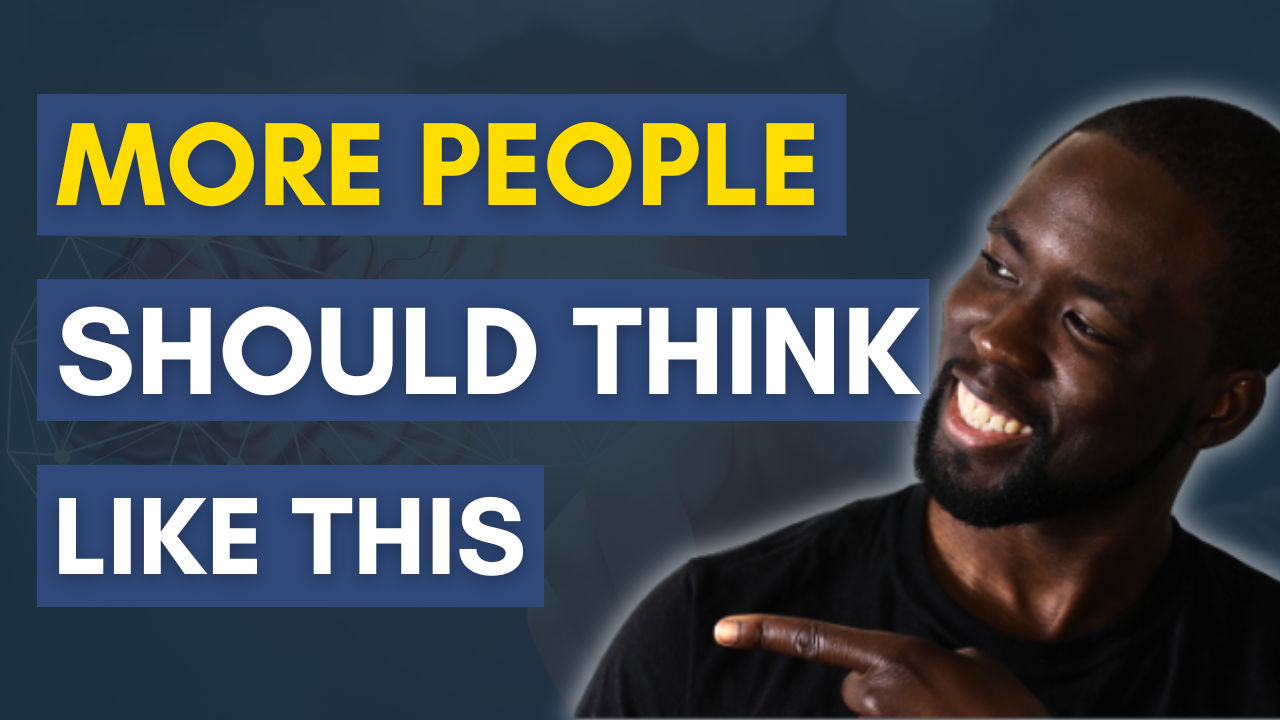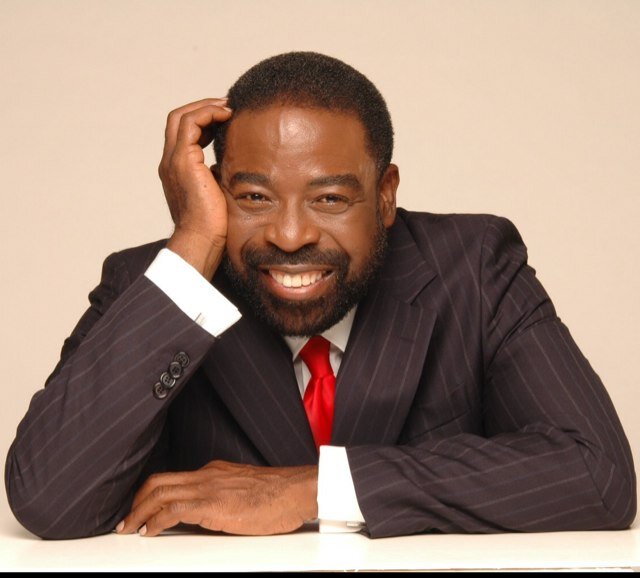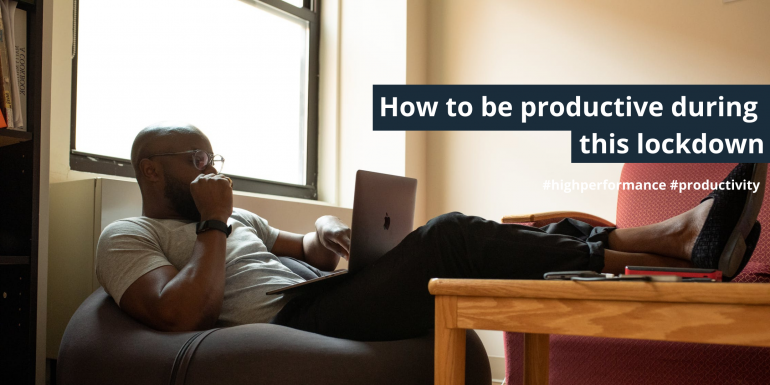How to Build a Consultant Mindset and Become “Almost” Indispensable in Your Career
Have you ever wondered what separates a replaceable professional from a person who is difficult to get rid of? The answer isn’t a HR policy. What if I told you the difference lies not in your skills or experience, but in your mindset? Sounds a bit mad, doesn’t it? But hear me out. Your mindset, the established set of attitudes you hold, shapes how you approach problems, articulate value, and position yourself in the marketplace.
As the founder of The Masteri Group and an independent programme management consultant, over the years, I’ve learned that the consultant mindset isn’t just about solving problems; it’s about strategically positioning yourself as a high-value individual who delivers tangible results. In this article, I’ll share actionable insights, personal anecdotes, and practical advice to help you develop this mindset and elevate your career.
What Is a Consultant Mindset?
Before diving into the ‘how’, let’s define the ‘what’. For me, a consultant is someone who solves specific problems strategically. They possess exceptional problem-solving skills and a toolkit of methodologies to deliver value to their clients. Organizations hire consultants because they see them as valuable assets, especially in times of economic uncertainty, when articulating your value becomes even more critical.
But here’s the kicker: value isn’t just about what you do; it’s about how you communicate it. That’s where the consultant mindset comes in. It’s about understanding your unique expertise, leveraging it effectively, and positioning yourself as an indispensable resource.
1. Leverage Your Skills to Position Yourself Effectively
The first step to becoming a high-value consultant is understanding how to position yourself. It’s not just about what you do; it’s about how you brand yourself.
Let me give you an example. Early in my career, I worked in the public sector within an operations department. I quickly realized that to stand out, I needed to align my work with recognizable frameworks and methodologies. Whether it was a service specification or a globally recognized methodology, having a structured approach gave me the confidence to articulate my value.
This is where the P.A.R. model (Problem, Action, Result) comes in. It’s a framework I developed to help professionals articulate their value:
- Problem: What strategic problem are you solving?
- Action: What steps did you take to solve it?
- Result: What tangible outcomes did you achieve?
For instance, when I was working on a complex digital child health National programme for the NHS, I used this model to clearly communicate how I streamlined processes, reduced costs, and improved service delivery. By framing my work in this way, I positioned myself as an expert who could deliver measurable results. You can see an example of this on my business website here.
Actionable Tip: Identify a framework or methodology that aligns with your work. Use the PAR Model to articulate your value in a way that resonates with potential clients or employers.
2. Avoid the Biggest Mistakes Consultants Make
Even the most skilled consultants can fall into common traps. Here are three mistakes to avoid:
Underpricing Yourself
When I first started contracting, I saw day rates ranging from £250 to £450. But I knew my value was higher. I set a rate that reflected my expertise and stuck to it. Over time, as I gained more experience and delivered results, I was able to increase my rate significantly.
The lesson? Don’t undervalue yourself. Research the market, speak to other consultants, and set a rate that reflects your worth. If you’re in a 9-to-5 role, use your appraisal or review sessions to renegotiate your salary based on the value you’ve delivered and evidenced.
Overpromising and Under-delivering
We’ve all been there, feeling socially obliged to promise more than we can deliver. But here’s the truth: overpromising erodes trust. Instead, underpromise and overdeliver. Be clear about what you can achieve and highlight any caveats upfront. This approach not only builds trust but also protects your reputation.
Failing to Set Boundaries
One of the most important lessons I’ve learned is the importance of setting boundaries. Whether you’re an independent consultant or working in a 9-to-5 role, be clear about what’s in scope and what’s out of scope. For example, when I take on consulting gigs, I always outline my deliverables in a proposal. This ensures there’s no ambiguity about what I will and won’t do.
Actionable Tip: Define your boundaries early. Whether it’s through a job specification, a proposal, or a conversation with your manager; clarity is key.
3. Build Credibility Through Expertise and Professionalism
Credibility is the cornerstone of the consultant mindset. However, expertise alone isn’t enough. You also need professionalism.
I once had a someone comment on my LinkedIn post and say, “It’s better to be an expert than a professional.” While I see their point, I believe the two go hand in hand. Expertise is about what you know and deliver; professionalism is about how you conduct yourself. Together, they create a killer combo, like chicken and chips (which, by the way, I’ve been avoiding for weeks now!).
To build credibility, showcase your skills and achievements. Don’t shy away from talking about your accolades. Whether it’s on LinkedIn, your CV, or during networking events, let people know what you’ve accomplished.
Actionable Tip: Create a portfolio of your work, gather testimonials, and share case studies that highlight your results. Practice your pitch until it feels natural.
4. Niche Down to Stand Out
One of the biggest challenges consultants face is being too general. When you don’t niche down, people don’t know what you do, and they’ll give you everything.
I learned this the hard way early in my career. I was in a junior management role, and people kept assigning me tasks that weren’t aligned with my expertise. It wasn’t until I had a candid conversation with my manager that I realized the importance of being clear about my niche.
Whether you’re a consultant, contractor, or 9-to-5 professional, let people know precisely what you do. This clarity not only helps you stand out but also ensures you’re working on projects that align with your expertise.
Actionable Tip: Identify your niche and communicate it clearly. Whether it’s through your LinkedIn headline, your CV, or your conversations, make sure people know what you specialize in.
5. Target Pain Points to Attract High-Paying Clients
The ultimate hack for positioning yourself as a high-value consultant? Talk to your clients’ pain points.
Whenever I’m in an interview or speaking to a potential client, I make it a point to show that I understand their challenges. For example, I might say, “I know exactly what you mean. It’s difficult when you have a SRO that does not have time. It affects the governance of the programme.” This not only demonstrates my expertise but also builds trust as an inside piece knowledge.
Actionable Tip: Research your client’s pain points and tailor your pitch to show how you can solve them. Use the P.A.R. model to highlight your past successes in addressing similar challenges.
Bonus Tip: Leverage Referrals and Network Strategically
As my brother-in-law and sister once said, “Closed mouths don’t get fed.” If you’re not talking about your skills and achievements, no one will know about them.
Reach out to former colleagues, hiring managers, and recruiters. Let them know what you’re looking for and how you can add value. And don’t be afraid to ask for referrals, they’re one of the most powerful tools for building your network and landing high-paying clients.
Conclusion:
Developing a consultant mindset isn’t just about solving problems; it’s about strategically positioning yourself as a high-value individual. By leveraging your skills, avoiding common mistakes, building credibility, niching down, and targeting pain points, you can become close to indispensable in your career.
So, what’s your biggest challenge when it comes to positioning yourself as a high-value consultant? Let’s connect and continue the conversation. And if you’re ready to take your career to the next level, don’t hesitate to reach out.
As always, my friends, understand, reach, and expand. Peace.







